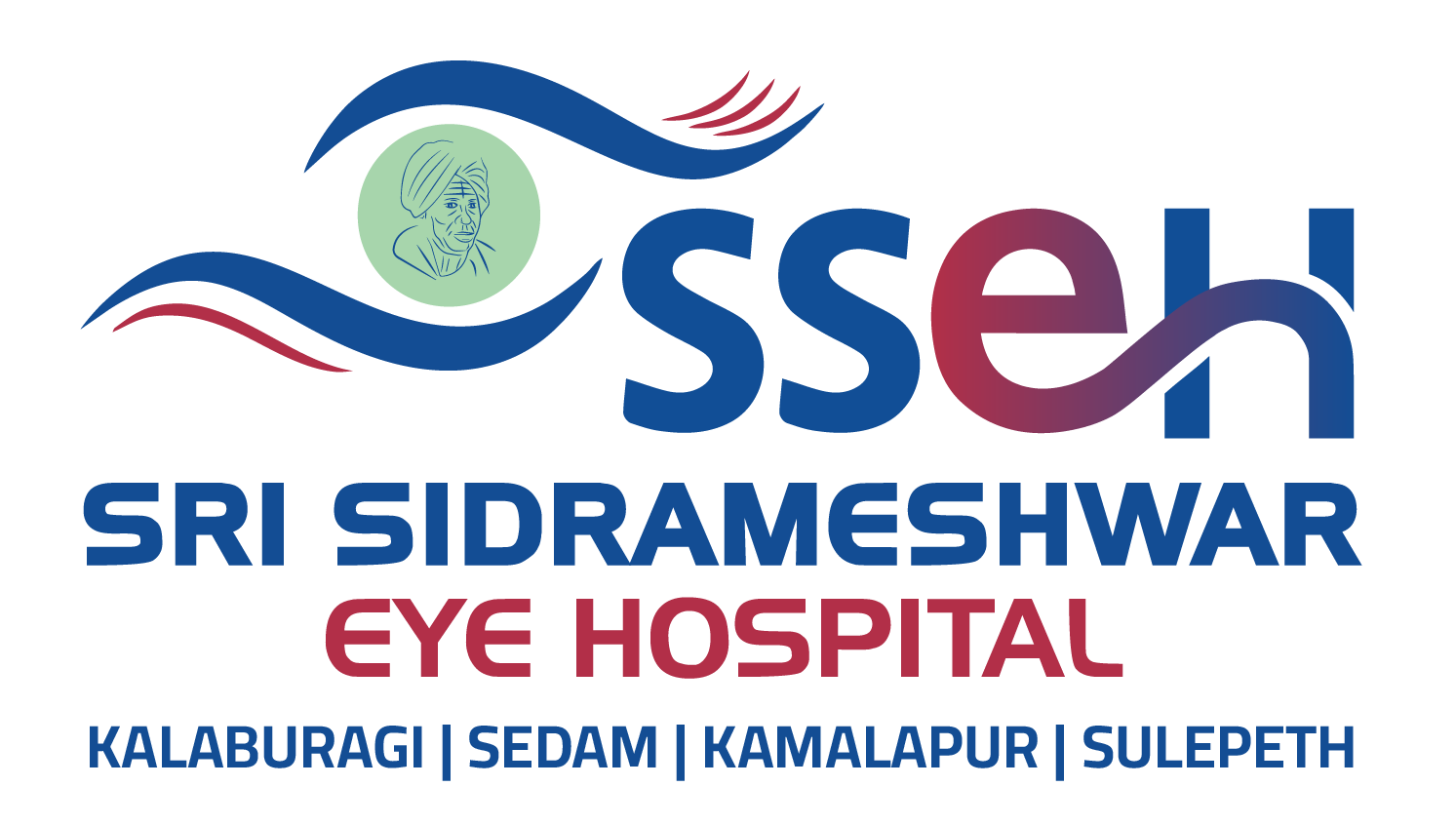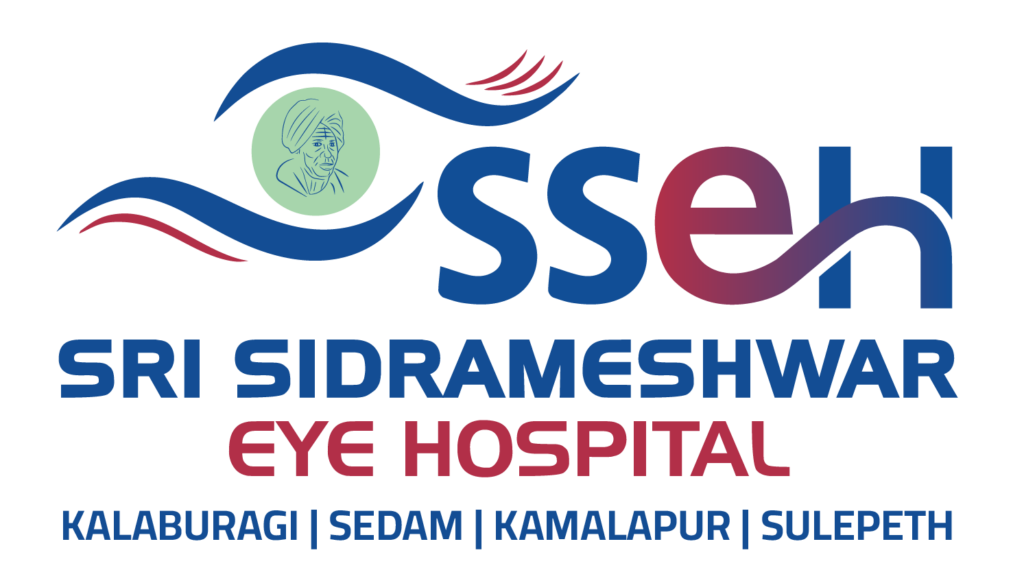In our busy lives, it’s easy to overlook the health of our eyes until a problem arises. However, prioritizing regular eye exams is crucial for maintaining good vision and overall eye health. In this blog post, we’ll explore why regular eye exams are important, what to expect during an eye exam, and the significant impact they can have on your wellbeing.
Why Regular Eye Exams Matter
Your eyes are not only the windows to your soul but also to your overall health. Regular eye exams are essential for several reasons:
1.Early Detection of Eye Conditions: Many eye conditions, such as glaucoma, macular degeneration, and diabetic retinopathy, develop gradually and often without noticeable symptoms in the early stages. Regular eye exams allow eye care professionals to detect these conditions early when they are more manageable and treatable.
2.Monitoring Eye Health: Even if you have perfect vision, regular eye exams are necessary to monitor the health of your eyes over time. Changes in vision can occur gradually, and regular exams help detect these changes before they become significant problems.
3.Prescription Updates: If you wear glasses or contact lenses, your prescription may change over time. Regular eye exams ensure that your prescription is up-to-date, providing you with the clearest vision possible.
4.Detection of Systemic Diseases: The eyes can provide valuable insights into your overall health. During an eye exam, eye care professionals may detect signs of systemic diseases such as diabetes, hypertension, and high cholesterol, enabling early intervention and treatment.
What to Expect During an Eye Exam
A comprehensive eye exam typically includes several components:
Patient History: Your eye care provider will begin by asking about your medical history, including any existing eye conditions, family history of eye disease, and general health.
Visual Acuity Test: This test measures how well you can see at various distances using an eye chart.
Refraction Test: If you require corrective lenses, a refraction test will determine your exact prescription.
Eye Health Evaluation: Your eye care provider will examine the health of your eyes, including the structures of the eye, the retina, and the optic nerve, using specialized instruments and techniques.
Additional Tests: Depending on your age, medical history, and risk factors, your eye care provider may perform additional tests, such as intraocular pressure measurement, visual field testing, and retinal imaging.
The Impact on Your Wellbeing
Regular eye exams are not just about maintaining good vision; they are also about preserving your overall health and quality of life. By detecting eye conditions early, you can prevent vision loss and preserve your independence. Additionally, early detection of systemic diseases can lead to timely intervention and improved health outcomes.
In conclusion, scheduling regular eye exams is a proactive step towards safeguarding your vision and overall health. Don’t wait until you experience symptoms to visit your eye care provider. Make eye health a priority and schedule your next eye exam today. Your eyes will thank you for it.




